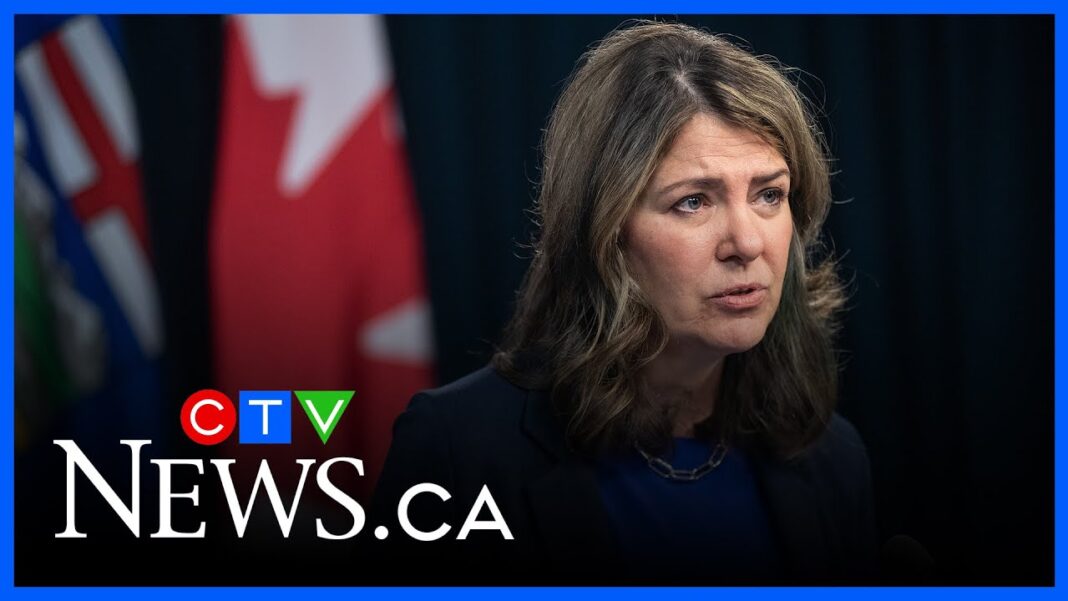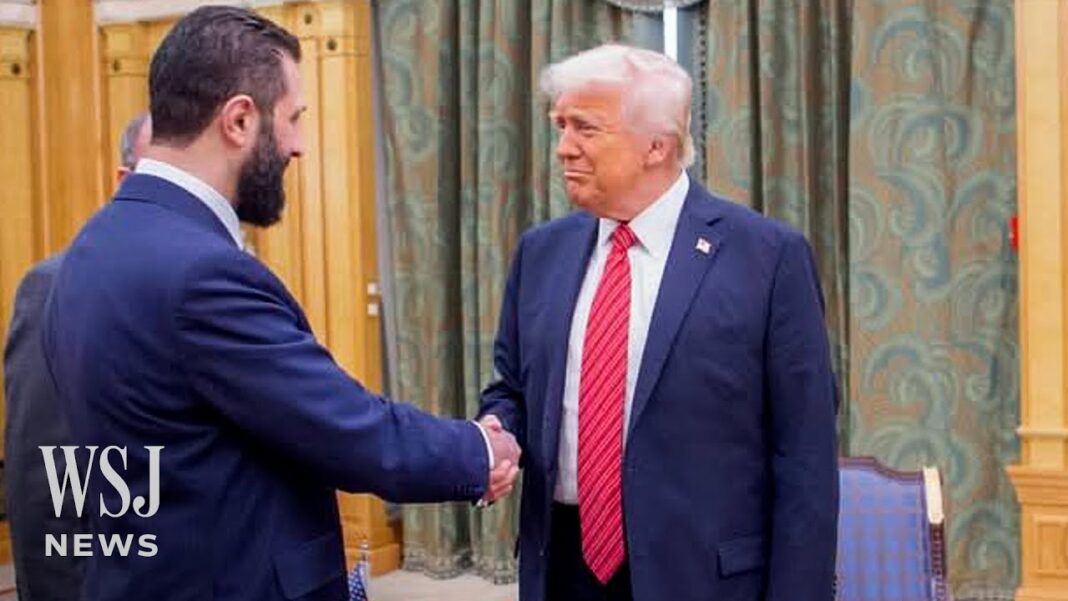Five New York Times (NYT) journalists collaborated to produce a detailed report earlier this week about “Why Trump Suddenly Declared Victory Over the Houthi Militia”. It’s worth reading in full if time permits, but the present piece will summarize and analyze its findings. To begin with, CENTCOM chief General Michael Kurilla proposed an eight- to -10-month campaign for degrading the Houthis’ air defenses before carrying out Israeli-like targeted assassinations, but Trump decided on 30 days instead. That’s important.
The US’ top regional military official already knew how numerous the Houthis’ air defenses were and how long it would take to seriously damage them, which shows that the Pentagon already considered Houthi-controlled North Yemen to be a regional power, while Trump wanted to avoid a protracted war. It’s little wonder then that the US failed to establish air superiority during the first month, which is why it lost several MQ-9 Reaper drones by then and exposed one of its aircraft carriers to continued threats.
The $1 billion in munitions that were expended during that period widened preexisting divisions within the administration over whether this bombing campaign was worth the mounting costs. New Chairman of the Joint Chiefs of Staff General John Caine was concerned that this could drain resources away from the Asia-Pacific. Seeing as how the Trump Administration’s grand strategic goal is to “Pivot (back) to Asia” for more muscularly containing China, this viewpoint was likely decisive in Trump’s final calculations.
Oman reportedly provided the “perfect offramp” for him by proposing to his envoy Steve Witkoff, who was visiting them as part of the US’ nuclear talks with Iran, that the US could stop bombing the Houthis while they’ll stop targeting American ships but not ships that they deem helpful to Israel. This draws attention to that country’s outsized diplomatic role in regional affairs, but it also shows that the US was hitherto unsure of how to end its campaign in a face-saving way despite already realizing that it failed.
Two pathways were considered: ramping up operations for another month, carrying out a “freedom of navigation” exercise, and declaring victory if the Houthis didn’t fire on them; or continuing the campaign while strengthening the capacity of local Yemeni allies to start another offensive in the North. Both were reportedly scrapped in favor of Trump’s sudden victory announcement after another US jet fell off of an aircraft carrier, a US attack killed dozens of migrants in Yemen, and the Houthis hit Ben Gurion Airport.
Five conclusions can be drawn from the NYT’s report. For starters, Houthi-controlled North Yemen is already a regional power and has been so for some time, the status of which they achieved despite the Gulf coalition’s previous years-long bombing campaign and ongoing partial blockade. This impressive feat speaks to their resilience and the effectiveness of the strategies that they’ve implemented. North Yemen’s mountainous geography indisputably played a role in this, but it wasn’t the sole factor.
The second conclusion is that Trump’s decision to authorize a very time-limited bombing campaign was therefore doomed from the get-go. He either wasn’t fully informed of the fact that North Yemen had already become a regional power, perhaps due to military officials self-censoring for fear of getting fired if they upset him, or he had ulterior motives in having the US bomb them for only a brief time. In any case, there was no way that the Houthis were going to be destroyed in just several months’ time.
Optics are important for every administration, and Trump’s second one prioritizes them more than any other in recent memory, yet the third conclusion is that he still beat a hasty retreat once the strategic risks started spiraling and the costs began piling up instead of doubling down in defiance. This shows that ego- and legacy-related interests don’t always determine his policy formulations. Its relevance is that no one can therefore say for sure that he won’t cut and run from Ukraine if peace talks collapse.
Building upon the above, the Trump Administration’s acceptance of Oman’s unsolicited proposal that led to the “perfect offramp” shows that it’ll listen to proposals from friendly countries for defusing conflicts in which the US has become embroiled, which could apply towards Ukraine. The three Gulf states that Trump is visiting this week have all played roles in either hosting talks or facilitating exchanges between Russia and Ukraine so it’s possible that they’ll share some peace proposals for breaking the impasse.
And finally, the China factor looms over everything that the US does nowadays, ergo one of the reported reasons why Trump suddenly ended his unsuccessful bombing campaign against the Houthis after being informed by his top brass that it was wasting valuable munitions that would be better sent to Asia. Likewise, Trump might be convinced by similar arguments with regard to the strategic costs of defiantly doubling down in support of Ukraine if peace talks collapse, which the Gulf states might convey to him.
Connecting the lessons from Trump’s Yemeni debacle with his ongoing efforts to end the Ukrainian Conflict, it’s possible that he might at first instinctively double down in support of Ukraine if peace talks collapse only to soon thereafter be dissuaded by his top brass and/or friendly countries. Of course, it would be best for him to simply cut his country’s losses now instead of continuing to add to them, but his increasingly emotional posts about Putin hint that he might blame him and overreact if talks collapse.
It’s therefore more important than ever that peace-loving countries which have influence with the US immediately share whatever creative diplomatic proposals they might have in mind for breaking the impasse between Russia and Ukraine. Trump is creeping towards a Yemeni-like debacle in Ukraine, albeit one with potentially nuclear stakes given Russia’s strategic arsenal, but there’s still time to avert it if the “perfect offramp” appears and he’s convinced that accepting it would assist his “Pivot (back) to Asia”.








